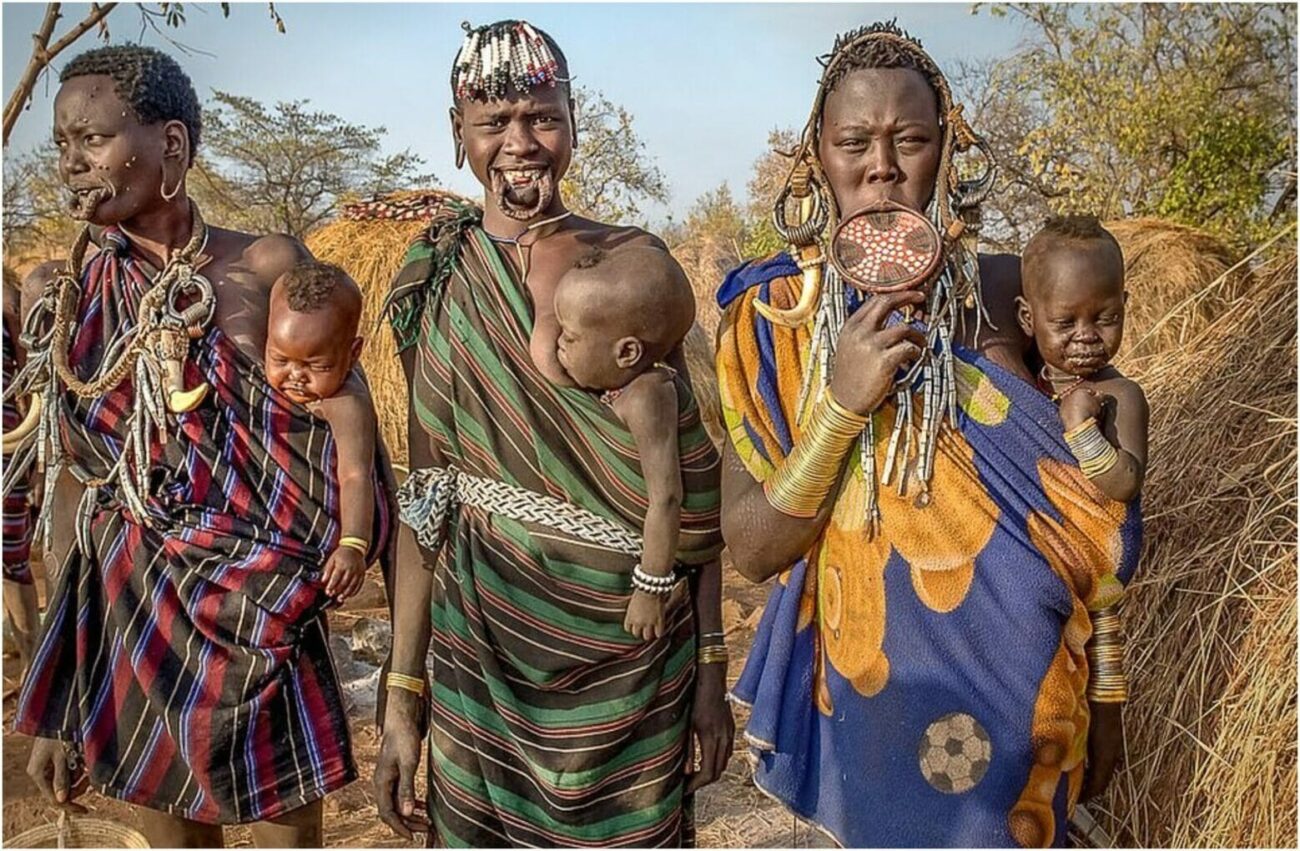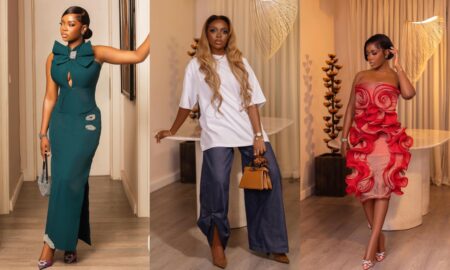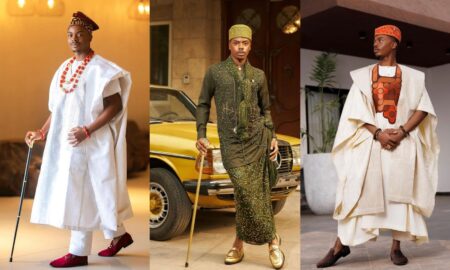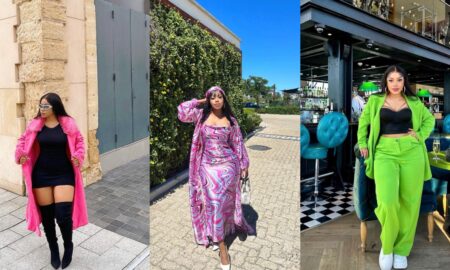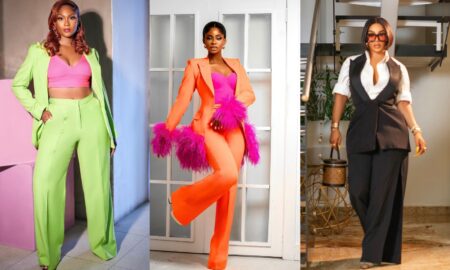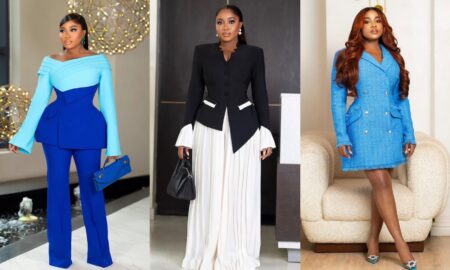Prior to now, Africans used to have a beauty routine, but accepting the customs of the colonialists and their religion caused them to abandon or reject these practices.
Some of these beauty rituals were far superior to what the colonists had in store for them, and many were even non-harmful.
Below are 5 of these African beauty routines/traditions:
1. Shea butter
Shea butter is used in practically every Nigerian and African culture. It has therapeutic effects and can be applied topically or consumed. It smoothes your skin and hair when used on them.
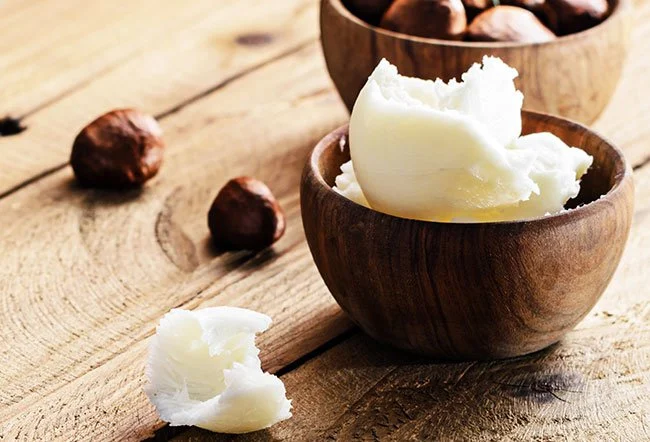
2. Black soap
Water, ashes from plantain skins, cocoa pod powder, palm oil, coconut oil, shea butter, or tropical honey are used to make black soap. Black soap aids in the treatment of acne, smoothens the skin, hydrates, and provides numerous other skin advantages.
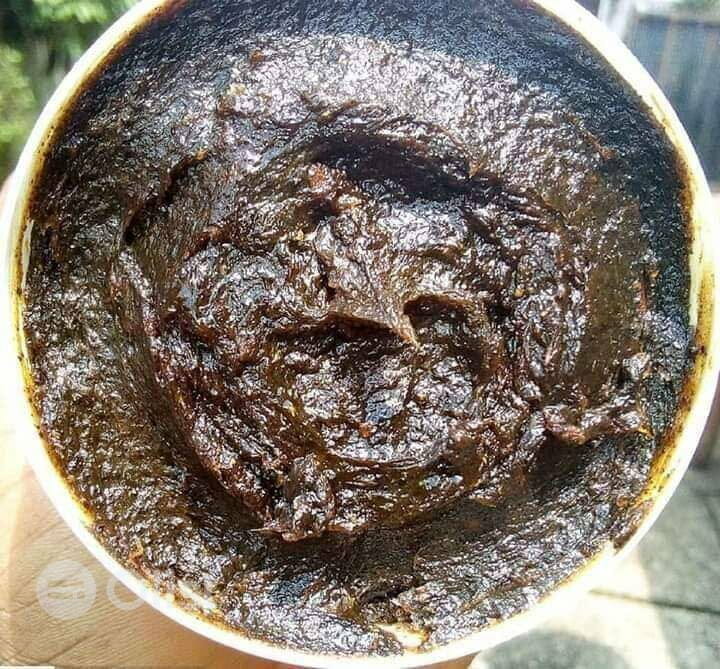
3. Dreadlocked hair
Africans have always tied their hair back. Following colonialism, some Africans believed that locking your hair meant you were a rogue or possessed by a devil. Dreadlocks are great for your hair since they protect it and make it grow longer and easier to manage.
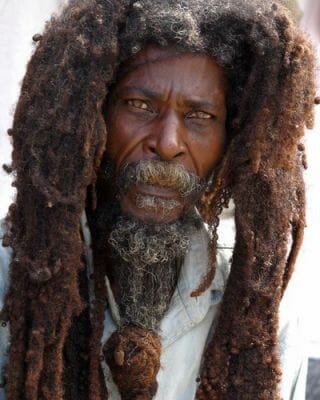
4. Tattoos
Some tattoos are artistically pleasing. For generations, Africans have inscribed marks and symbols on their bodies.
These tattoos were more than just artistic messages; they had meaning. Some people got tattoos to identify themselves and separate themselves from other tribes, while others got tattoos to protect themselves from evil and to utilize in the hereafter.
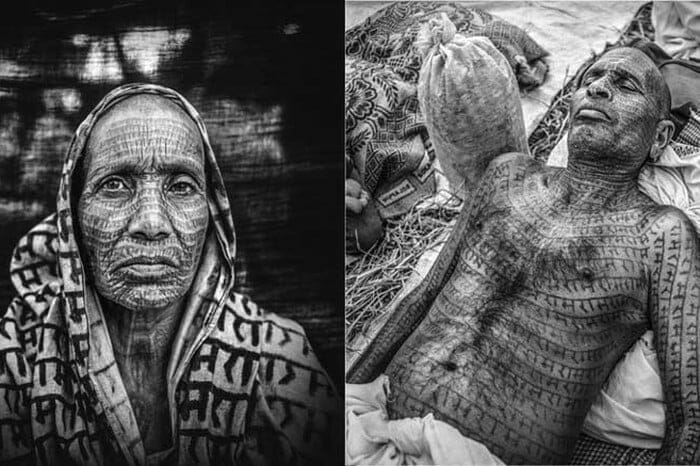
5. Beads and piercings
Many people would raise their brows and label a woman as a lesbian if she has beads on her ankles, however Africans are known for having piercings in various places of their bodies, including their nose, ears, and belly, as well as wearing beads on their waist, ankles, and wrists.
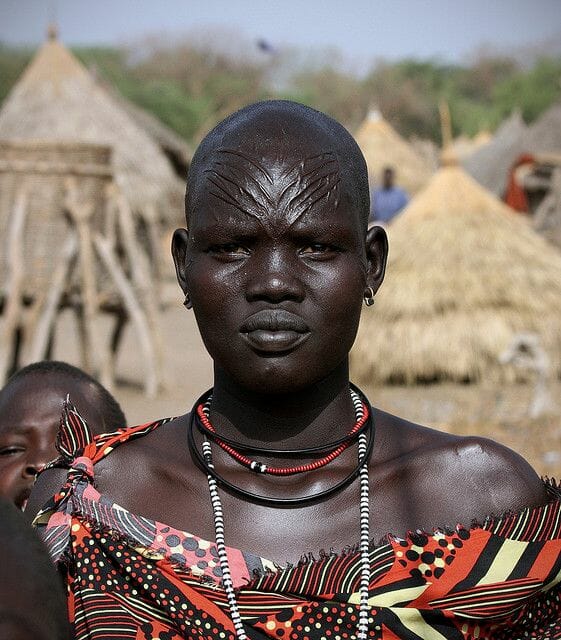
In conclusion, because of the hot weather, nudity was not sexualized. Women were free to walk around naked without fear of being sexually assaulted.

